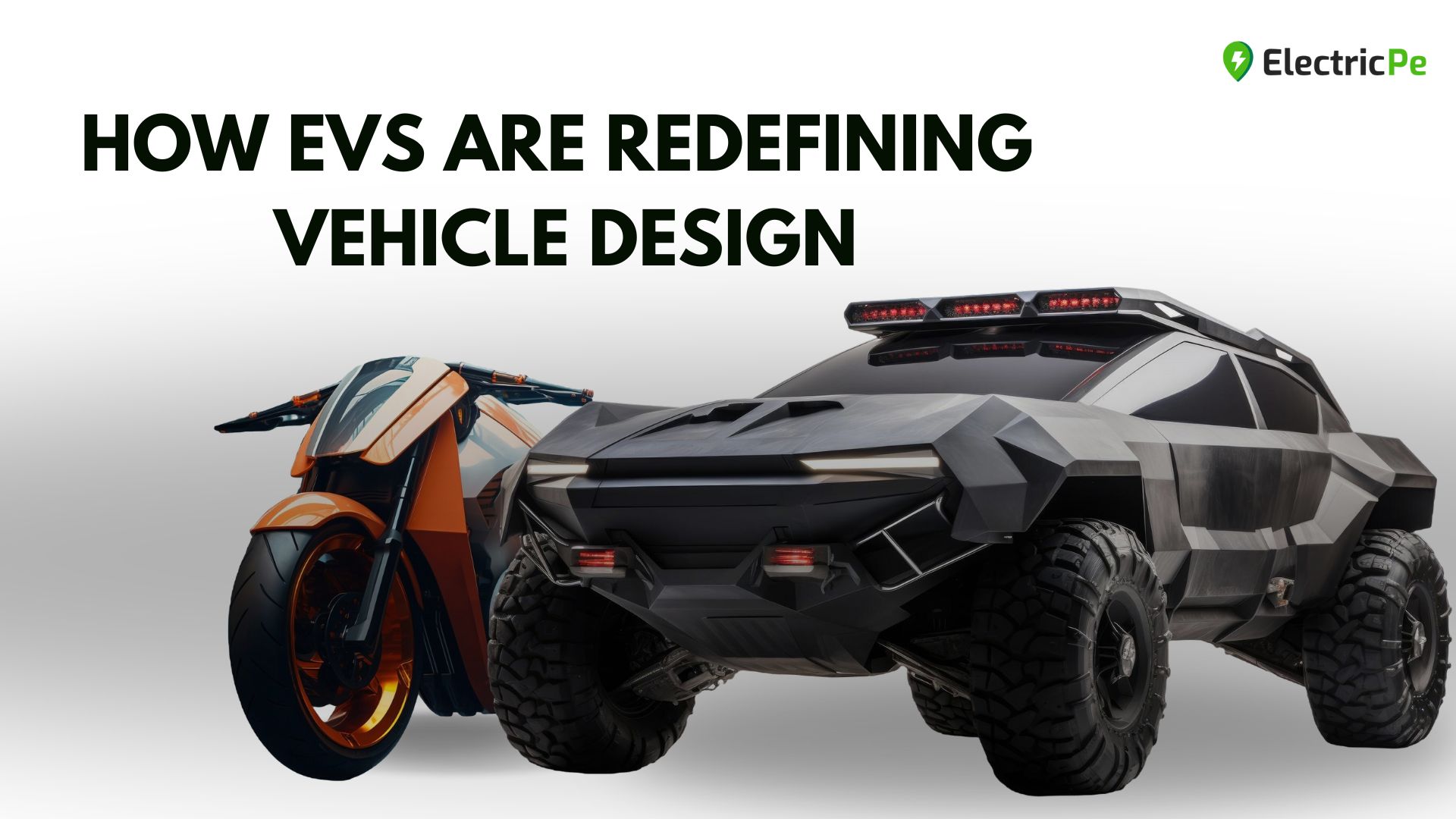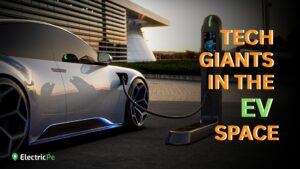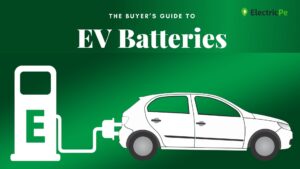EVs Redefining Vehicle Design | Automobile design is evolving rapidly with the widespread adoption of electric vehicles. Iconic automakers like Cadillac and Hummer have embraced electric power to reclaim their share in a market they once dominated.
This shift is driven not only by the growing popularity of EVs but also by the opportunity to incorporate innovative features that were previously unavailable in conventional automotive design.
From battery technology to braking systems, here’s how EVs are revolutionising every aspect of vehicle design as we know it.
Drivetrain and Vehicle Design
Traditional internal combustion engine (ICE) cars have numerous moving parts. The design of the vehicle body, therefore, must accommodate these components. For instance, the drive shaft in a conventional car connects the axles, requiring a central position.
In contrast, many EVs eliminate the need for a drive shaft by placing the electric motor directly on the axle(s). This makes room for providing more flexible interior designs.
The streamlined drivetrain allows EV manufacturers to maximise cabin space and optimise vehicle aerodynamics, resulting in a more practical and modern driving experience.
High Performance
The days when high-performance vehicles were exclusive to luxury sports car owners are gone. Thanks to their simpler drivetrains, many EVs can achieve impressive acceleration in seconds, often surpassing traditional sports cars in 0-60 mph tests.
The absence of multiple moving parts allows for instant torque, as the power is sent directly to the wheels without the energy losses associated with transmission.
While traditional sports cars may still maintain higher top speeds, the superior acceleration and responsiveness of electric vehicles make them exciting alternatives for performance enthusiasts.
Battery Technology
The battery is the most critical and costly component of an EV. Despite electric vehicles existing since the early 20th century, limited battery technology hindered their widespread adoption. Today, advances in battery design have enabled safer, more efficient, and longer-lasting power sources.
Innovations like Battery Management Systems (BMS) allow EV owners and manufacturers to monitor battery health, optimise performance, and protect against issues such as overcharging.
Additionally, the introduction of battery swapping models lets the drivers exchange depleted batteries for fully charged ones at designated stations. This helps reduce downtime and enhance the convenience of EV ownership.
Advanced Features
Electric vehicles, whether cars or two-wheelers, often come equipped with advanced technological features that set them apart from traditional vehicles. For instance, Ather Energy’s infotainment system displays battery health, tire pressure, and other maintenance alerts, providing users with crucial information at a glance.
EV scooters frequently include features like reverse mode, enabling riders to manoeuvre out of tight parking spots with ease—an option typically unavailable in conventional two-wheelers.
Regenerative Braking
In traditional vehicles, braking dissipates the kinetic energy generated by the engine as heat, resulting in wasted energy.
EVs, however, incorporate regenerative braking systems, which capture the energy generated during braking and convert it back into electrical energy stored in the battery. This innovation is a significant step toward improving energy efficiency and supporting sustainable mobility.
The Road Ahead
Electric vehicles are reshaping not only how automobiles are powered but also how they are designed and utilised. The advancements in drivetrain configurations, battery technology, and regenerative systems are just the beginning.
As the industry continues to evolve, we can expect even more groundbreaking features and improvements, further closing the gap between traditional vehicles and their electric counterparts. The future of mobility is undoubtedly electric, driving us toward a cleaner, more efficient automotive landscape.
EVs redefining vehicle design is the latest development in the automotive industry. If you’re thinking about making the electric switch, talk to our EV expert at 8951607700.





